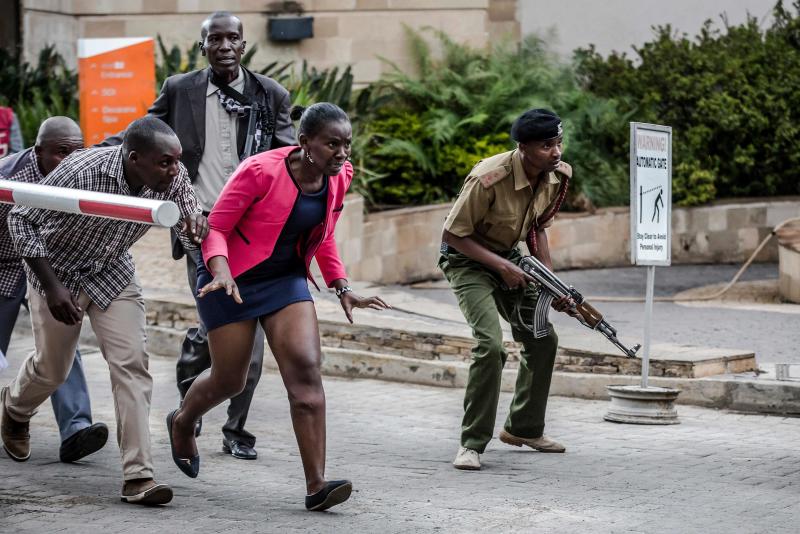×
The Standard e-Paper
Smart Minds Choose Us

Businessmen in Mogadishu are linking terrorist group Al Shabaab’s increased attacks on Kenya to their rapidly expanding tax collection racket that is now threatening to overrun official government structures.
The latest – an attempt to overrun the equivalent of Kenya National Chamber of Commerce and Industry – has seen businessmen come out blazing in defending what they call the last stronghold of Somali’s civility and pride.